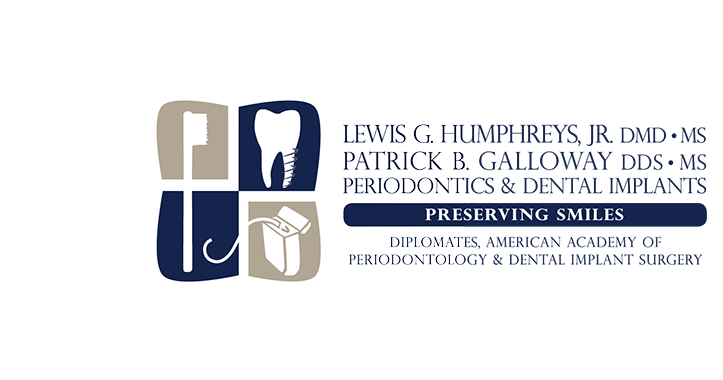Common Problems

Bleeding Gums
Commonly found among people who inadequately take care of their teeth, bleeding gums are mainly attributed to unsatisfactory removal of plaque from the teeth and gums. If bleeding gums are allowed to persist, they can lead to gingivitis or inflamed gums. Once plaque begins to accumulate, it can harden and eventually lead to increased bleeding and a more severe form of gum disease known as periodontitis.
Gum Disease
Gum, or periodontal, disease can cause inflammation, tooth loss and bone damage. Gum disease begins with a sticky film of bacteria called plaque. Gums in the early stage of disease, or gingivitis, can bleed easily and become red and swollen. As the disease progresses to periodontitis, teeth may fall out or need to be removed by a dentist. Gum disease is highly preventable and can usually be avoided by daily brushing and flossing. One indicator of gum disease is consistent bad breath or a bad taste in the mouth.
Halitosis (Bad Breath)
Halitosis is the medical term used to describe bad breath, a problem afflicting over 90 million Americans. In many cases, halitosis can be traced back to sulfur-producing bacteria that forms when food particles or other debris become trapped within pockets of the teeth and gums and begin to decay. The sulfur produced as a by-product from the trapped bacteria is the source of the unpleasant odor. If allowed to persist, sulfur gases can be damaging to the tissue in the mouth and eventually lead to severe periodontal disease.
Receding Gums
Mostly occurring in adults over the age of 40, receding gums can be caused by gum disease, aggressive tooth brushing, an unbalanced bite, trauma or general wear and tear. Characterized by sensitive teeth, receding gums occur when the gums and the bone in the mouth have moved away from the teeth, creating the unsightly appearance of an elongated tooth.
Tooth Sensitivity
Sharp pain or discomfort in one or more teeth triggered by such things as hot, cold, sweet or sour foods and even cold air is known as tooth sensitivity. Tooth sensitivity can occur when dentin (the protective blanket covering the roots) becomes exposed as a result of receding gum tissue. The pain or discomfort you may experience occurs when dentinal tubules leading to the tooth’s nerve center allow the hot, cold, sweet and sour stimuli to reach the nerve center.





